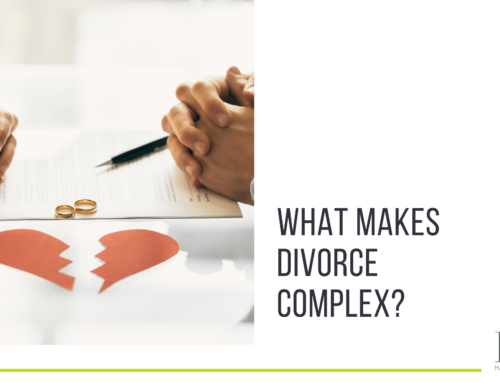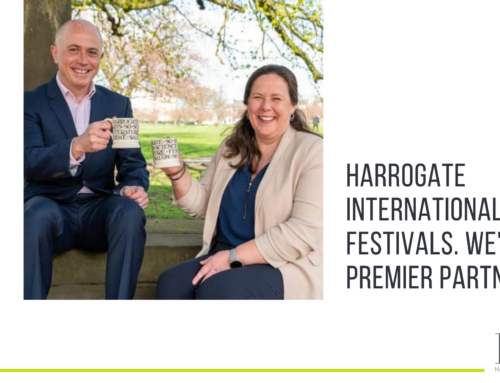Domestic abuse comes in a number of different forms, all of which are devastating, and most of which don’t come in isolation. Financial abuse is just one example. Like most other forms of abuse, it does not discriminate, it can happen to anyone, in any relationship, no matter the level or wealth involved.
Here we’re putting the focus on financial abuse within relationships, and why it’s so important for victims to be able to spot the signs.
What is economic abuse?
Financial abuse is an extremely powerful method of coercive control. Perpetrators use money, assets and any other financial means at their disposal, to control, threaten and degrade victims. Like most other forms of domestic abuse, the ultimate aim is to keep victims trapped within a relationship, and remove any means that they might have to leave.
Economic abuse isn’t as commonly understood or recognised as other forms of domestic abuse. In fact, financial abuse wasn’t acknowledged by the law in England and Wales until very recently, with the passing of the Domestic Abuse Act of 2021 which widened the domestic abuse definition to include it.
How can you spot financial abuse?
In many relationships, it’s not unusual for one spouse or partner to take responsibility for managing the family finances. However, in circumstances that involve any level of domestic abuse, this can leave you feeling incredibly isolated, and completely dependent on another person for your freedom and livelihood. This might be especially true if you don’t have independent earnings or income.
With that in mind, what does financial abuse look like in a marriage or a relationship, and how can you spot the red flags?
Interfering with your finances
If you notice that your spouse or partner is regularly questioning your financial decisions, or trying to budget on your behalf when you haven’t asked them to, this could be a concerning sign. Other unacceptable behaviours to look out for include intercepting your bank statements, demanding to know the passwords to your accounts, or insisting that you transfer your money to them.
It’s important to seek support if you become worried. Leaving such behaviours unchecked could lead to your credit score being damaged, leaving you at risk of further financial insecurity in the future.
Interfering with your job
Another sign of economic abuse is your spouse or partner trying to assert control by interfering with your career, and using their own assets and financial means to keep you tethered to them.
For example, you might find that your spouse or partner is discouraging you from career progression and promotion, or suggesting that you go part-time. They might even suggest that you don’t need to work at all because they earn enough for the both of you.
For financial abusers, allowing you to be financially secure is a worry, as it provides the means you need to leave the relationship.
Controlling shared assets
In an attempt to hold more power, abusers may limit your access to any money at all. This is a very common form of economic abuse. In the Domestic Abuse Report of 2019, nearly a third (31.9%) of people surveyed said that their access to money during the relationship was controlled by the perpetrator – an incredibly worrying statistic.
With no finances of your own, or no idea of what your actual financial position is, a situation like this could potentially leave you trapped in your relationship and feeling as though you have nowhere to turn.
Help and support
If you’re reading this and it’s resonating, or you’re worried about somebody you know, you’re not alone. It may feel as though you’re stuck, with no support to rely on, but it’s important to know that help is out there.
Knowing the signs to look out for is a good place to start, and some other helpful resources include:
https://survivingeconomicabuse.org/
https://refuge.org.uk/i-need-help-now/how-we-can-help-you/economic-abuse/
At Harrogate Family Law, our experienced team is here to support you, no matter your circumstances. We know every situation is unique and we’re here to get you the best possible outcome for your future. Don’t hesitate to get in touch if you need to talk about your options.






